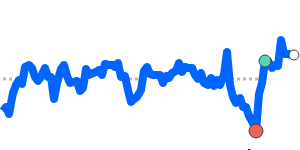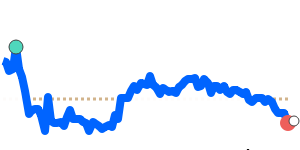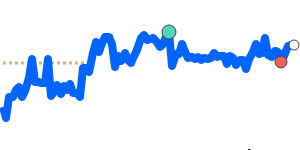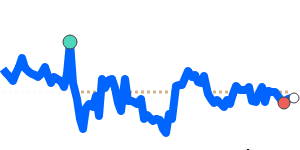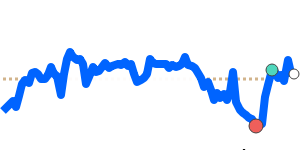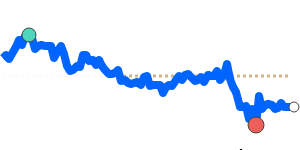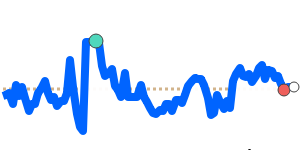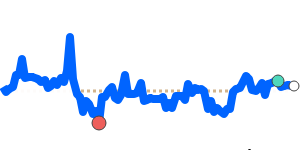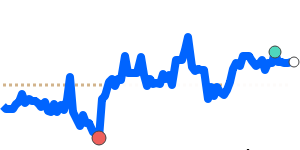Outlook
THB sits near its 3-month averages across major pairs, with calm, orderly trade and narrow intraday ranges. Near-term moves are unlikely to stray far from current levels unless new global catalysts emerge.
Key drivers
- U.S. dollar moves and rate expectations can nudge THB pairs in tandem.
- Domestic Thai data and policy signals could shift the central bank stance.
- Global growth and regional FX flows influence demand for the baht.
- Commodity prices and tourism trends affect the Thai economy and the currency.
Range
THB/USD at 0.031888, range 0.031225 to 0.032456.
THB/EUR at 0.027271, range 0.026701 to 0.027522.
THB/GBP at 0.023785, range 0.023049 to 0.023989.
THB/JPY at 5.0135, range 4.8434 to 5.1007.
What could change it
- A shift in risk appetite driven by major global events or central bank commentary.
- Surprises in Thai data or policy cues changing rate expectations.
- Movements in oil and other commodities influencing Thai growth and liquidity.
- Unexpected capital flows or funding dynamics affecting Thai markets.
